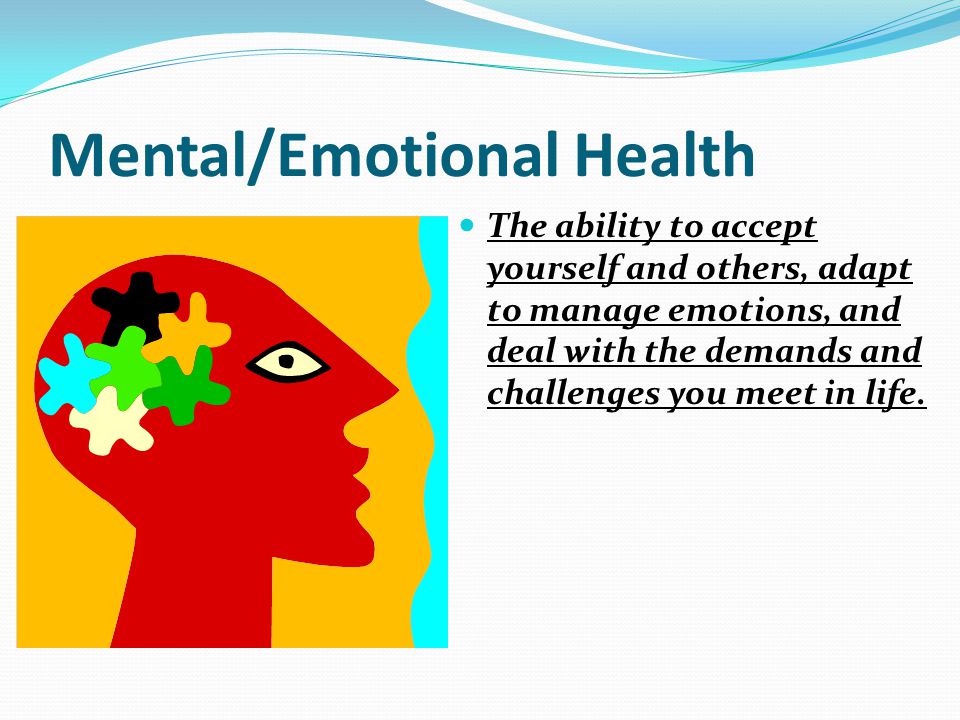& Dahn, J.R. (2005 ). Exercise and wellness: a review of psychological and physical health benefits associated with physical activity. Current Opinion in Psychiatry. 18 (2 ), 189193. Kanning, M. & Schlicht, W. (2010 ). Be Active and Become Delighted: An Ecological Momentary Evaluation of Physical Activity and Mood. Journal of Sport & Exercise Psychology, 32 (2 ), 253261.
& Buck, S. (2009 ). The result of routine aerobic exercise on positive-activated affect: A meta-analysis. Psychology of Sport and Exercise, 10 (6 ), 581594. Gray, J.A. (1988 ). The Psychology of Worry and Tension (second ed). Cambridge University Press: New York City. Kouvonen, A., Kivimaki, M., Elovainio, M., Virtanen, M., Linna, A.
( 2005 ). Task stress and leisure-time exercise in female and male public sector workers. Preventative Medication, 41 (2 ), 532539. Baumeister, R.F., Campbell, J.D., Browse around this site Krueger, J.I. & Vohs, K.D. (2003 ). Does high self-confidence trigger much better efficiency, social success, joy, or healthier way of lives? Mental Science in the Public Interest, 4 (1 ), 144.
& A, F.H. (2014 ). Physical Activity and Self-Esteem. In: A. Clow & S. Edmunds (eds.). Exercise and mental health. Champaign, IL: Human Kinetics. Martinez, J.T. (2014 ). Dementia and Alzheimer's Illness. In: A. Clow & S. Edmunds (eds.). Exercise and psychological health. Champaign, IL: Human Kinetics. Department of Health PA, Health Improvement and Protection (2011 ). when to take a mental health day.
London: Department of Health. Readily available at: https://www.sportengland.org/media/388152/dh_128210.pdf [Accessed on 04/11/15] Sofi, F., Valecchi, D., Bacci, D., Abbate, R., Gensini, G.F., Casini, A., et al. (2011 ). Exercise and threat of cognitive decline: a meta-analysis of potential research studies. Journal of Internal Medication, 269 (1 ), 107117. Rimer, J., Dwan, K., Lawlor, D., Greig, C., McMurdo, M., Morley, W.
( 2012 ). Exercise for anxiety. Cochrane Database Syst Rev. Agreement No.: Art. No.: CD004366. Department of Health (2001 ). "Workout Recommendation Systems: A National Quality Guarantee Framework." Offered at: http://bit.ly/1N31ONs [Accessed on 04/11/15] Conn, V.S. (2010 ). Anxiety results after exercise interventions: meta-analysis findings. Nursing Research, 59 (3 ), 224231. Asmundson, G.J.G., Fetzner, M.G., DeBoer, L.B., Powers, M.B., Otto, M.W.

( 2013 ). Let's get physical: a modern review of the anxiolytic effects of workout for stress and anxiety and its disorders. Depression and Anxiety, 30 (4 ), 362373. Brudzynski, L. & Ebben, W.P. (2010 ). Body Image as an Incentive and Barrier to Work Out Participation. Int J Exerc Sci, 3 (1 ), 1424.
The Facts About What Is A Mental Health Therapist Revealed
Many people understand that exercise benefits them. It improves sleep, helps you preserve a healthy weight, and increases energy levels. What you might not understand is that exercise has also been shown to have significant impacts on those with mental health concerns, particularly anxiety and anxiety. Countless scientists, scientists, and universities have done research studies on the impacts that exercise has on those with anxiety and anxiety, and the outcomes are both astounding and really motivating.
Check out on to learn more about how it assists and how you can get on the road to much better psychological health with regular workout. You've most likely heard about runner's high or weight-lifting ecstasy, however do you know that those are triggered by the exercise themselves? You do not have to love running or be consumed with weight lifting to experience those mind-boosting benefits.
Furthermore, low-intensity exercise has been revealed to stimulate and increase cell development, which is exceptionally essential. Not just will cell growth help your brain to restructure itself into feeling positive emotions and break the habit of negative idea patterns, but it will improve your overall health and health (how long does mental health first aid certification last). Scientists that studied people with anxiety discovered that the area of their brains that manage their mood (the hippocampus) was really physically smaller sized than those without depression.
A study done by Duke University looked at a number of people who were diagnosed with anxiety. They were divided into 3 treatment groups: exercise, medication, and exercise & medication. After 16 weeks, all groups showed comparable improvements in anxiety symptoms, all of which were considered substantial. Not just is exercise biologically excellent for you when it comes to improving psychological health, however it is a great method to enhance your overall lifestyle, consisting of alleviating your anxiety, stress and anxiety, or other psychological health issues.
When your physical wellness enhances, your state of mind improves. You will likely have a more positive outlook on life and a much better appreciation for the life you were offered. It can be difficult to press yourself to exercise when you're experiencing a variety of negative feelings, but exercise can substantially enhance even short-term battles.

Even physical pain from a special needs, injury, or health problem can frequently be improved with appropriate workout. Exercise is an outleta location to go and something to do to keep your brain and body busy. It is an excellent interruption from the stress in your life and the psychological health challenges you have actually been handling - how to write progress notes mental health examples.
It can be hard to find the motivation to begin working out when you're dealing with an overwhelming mental health problem. In addition to difficult mental signs, anxiety can trigger a range of physical signs as well, such as issues sleeping, decreased energy, body aches, cravings irregularity, and a general absence of inspiration.
How Does Exercise Help Mental Health Can Be Fun For Everyone
Every bit helps, so even if you start with a five-minute walk around the block a couple of times a week, you'll be making development. It's difficult to know exactly how little or just how much workout is essential to see the https://goo.gl/maps/d2enJoyycPgQNS7c6 improvements in mental health. https://goo.gl/maps/kmgRemhoHufen4sP8 However, the majority of studies have actually had participants do low-intensity, low-impact workouts, like walking, biking, or light jogging.
Be conscious that it may take a few weeks to see the advantages of regular exercise, especially when it pertains to anxiety signs, however you will likely experience favorable wellness effects within simply the very first few days. The original research study done by Duke University did a follow-up research study where they looked at the initial individuals for another six months after the initial examination.
On the other hand, the medication-only group saw a relapse in 38% of individuals and the medication plus exercise group had 31% regression. The long-term effects of exercise for psychological health are very motivating. Taking an active function in improving your health can be rather effective, and we hope you will experience this self-confidence increase as you start exercising to enhance your own psychological health.
We provide a range of behavioral health services, consisting of treatment of numerous psychological health conditions. Contact us now or check out an NCHS place near you. Psychological health is a vast and inclusive topic that has a great deal of different factors to consider. While various techniques can be effective at improving mental health, among the most extensively accepted is exercise.
While long-lasting workout programs and routine exercises are without a doubt the most practical at enhancing psychological health, even just slight increases to your existing activity level are handy. The amount of enhancement that you see in your mental health will vary based upon a number of aspects of the people' way of life, including present health, current activity level, boost of activity level, and more.